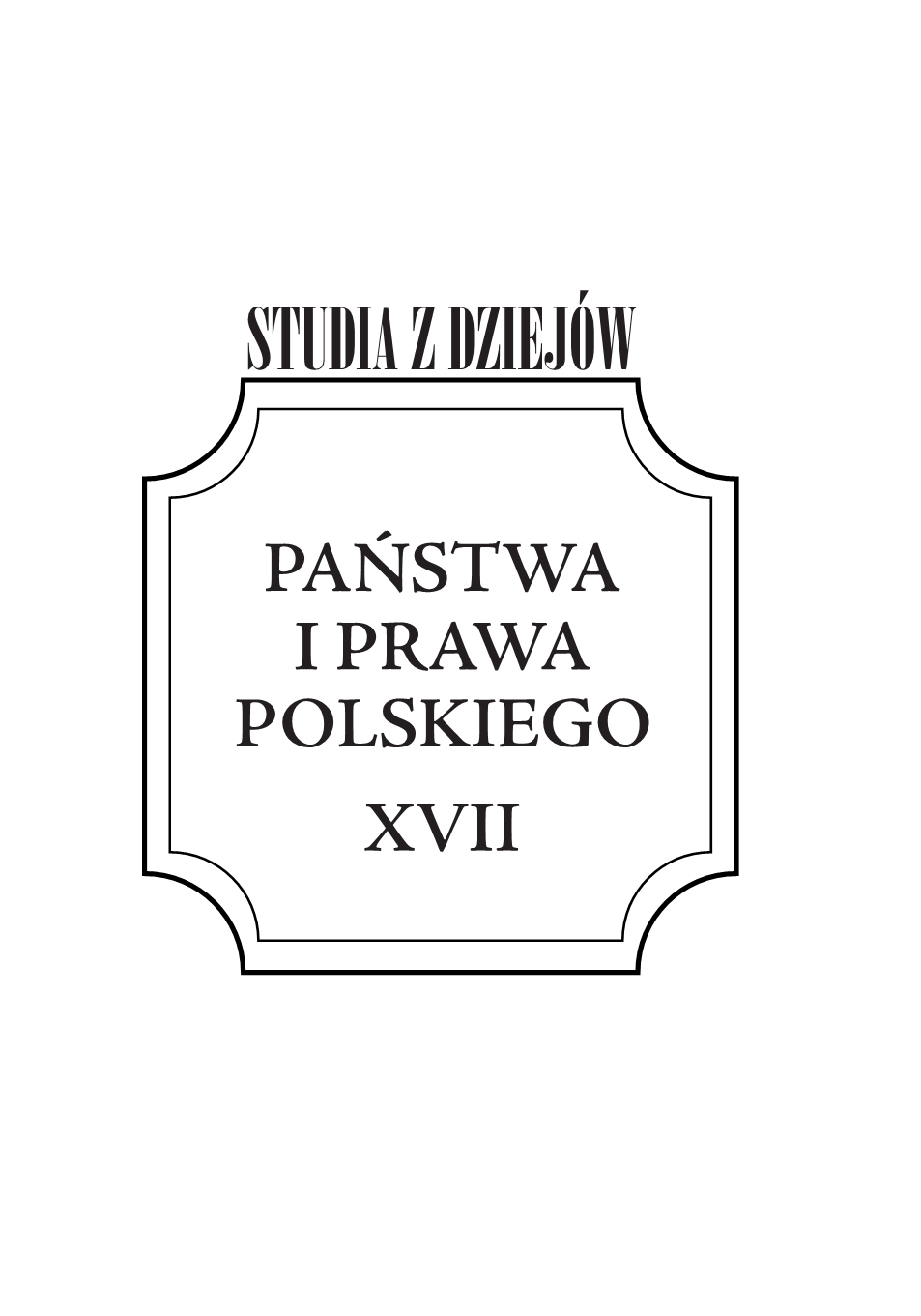Wspólność majątku spadkowego od Kodeksu Napoleona do Kodeksu cywilnego
Indivisum from the Napoleonic Code to the Civil Code
Author(s): Michał KłosSubject(s): Law, Constitution, Jurisprudence, History of Law, Civil Law
Published by: Oficyna Wydawnicza KA AFM
Keywords: joint ownership; commonality of the indivisum; succession; successors;
Summary/Abstract: The roots of indivisum, currently regulated in Art. 1035 and Art. 1036 of the Civil Code reach Roman law, where it was treated as one of the forms of fractional joint ownership. The tradition of so defined commonality found its expression in the French law, and also in other similar legislations (e.g. Austrian). Its characteristic feature is the shares that the successors hold (jointly) in individual property rights that belong to the body of succession, which they can freely dispose of. In turn, a characteristic feature of Germanic legislations is the shaping of relations between the successors based on the principles of commonality of the indivisum. A constitutive feature of this version is lack of shares in individual constituents of the body of succession. It is a property that is separate from those of the successors until the moment of division of the succession. Governed by the Law on Inheritance and also Civil Code, the commonality of succession property is largely of mixed character. On the one hand, it certainly has the form of fractional joint ownership (Art. 1035 of the code), yet on the other, as far as the successors can freely dispose of their share in the entire body of succession (Art. 1050 of the code), the shares in individual rights to succession they can freely dispose of only with the consent of the remaining successors. Disposing a share of a part of succession performed without the consent of even one of the inheritors is valid, yet in certain circumstances it can be considered ineffective (Art. 1036 of the code). Despite lack of clarity, the regulations of the articles 1035 and 1036 of the Civil Code have earned a plethora of judgements and doctrinal statements, which greatly help their application. Thus, they provide a good argument in support of the claim that a remedy for an imperfect law does not need to be its immediate change.
Journal: Studia z Dziejów Państwa i Prawa
- Issue Year: XVII/2014
- Issue No: 1
- Page Range: 75-87
- Page Count: 13
- Language: Polish

